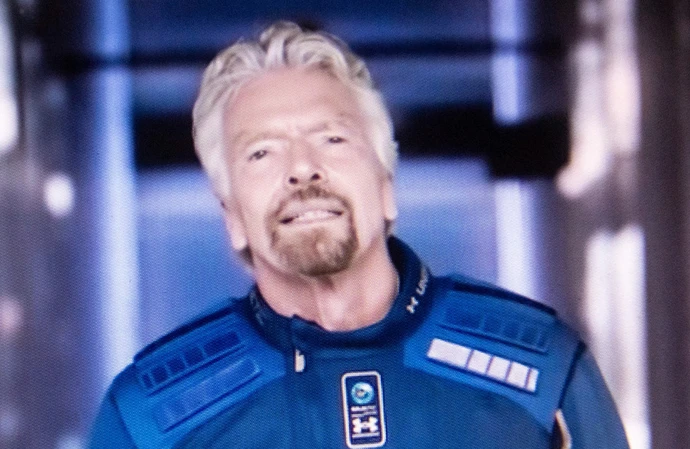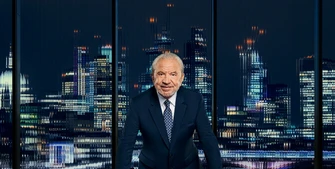Sir Richard Branson: 'Dyslexia is my superpower!'
Sir Richard Branson thinks his dyslexia is a "superpower" and is urging parents and children to embrace the learning difficultly amid the rise of AI.

Sir Richard Branson thinks his dyslexia is a "superpower."
The 72-year-old entrepreneur was diagnosed with the developmental disorder - which causes problems with reading, writing, and spelling abilities - in his twenties after years of struggling at school but is now trying to get parents and children alike to "celebrate" the condition and follow their dreams anyway.
Speaking on UK TV show 'This Morning', he said: "I really do think it is my superpower. I have a grandchild who is dyslexic and he is really proud of that. Dyslexic people may struggle a little bit with conventional schooling like reading and writing but they do have superpowers.
"They are more creative and I think if they can follow their dreams then they can go to great places in life. If you look at the history of people who have created great things in the world, many many of them are dyslexic so I think the important thing is to embrace your dyslexia and celebrate it. That's what I try to get parents and kids to do."
The Virgin tycoon - who opened record store chain Virgin in the 1970s before expanding the brand name to incorporate ventures such as airlines and cruise ships and now has a reported net worth of $2.9 billion - explained he was able to embrace his other skills as he built his career and now believes that with the innovation of AI a that the combination of dyslexia and technology is quite a "powerful" one that employers should acknowledge.
He added: "In those days, the word dyslexia didn't exist because I'm old enough to have been around before it! So people just thought I wasn't any good at school and that's why I had to leave at 15 to try and start a magazine, which was quite strange for a dyslexic person to do but because I was dyslexic I was great at delegating and getting a great team of people behind me.
"I knew what I was good at and I followed my own personal passions and I found other people to help me with the things I wasn't good at.
"Of course, today, you've got AI which means dyslexics don't have to worry about running a magazine if they can't spell properly or write properly. They can get AI to help them out so it's quite a powerful combination to have for businesses to have people with dyslexic strengths alongside technology.







